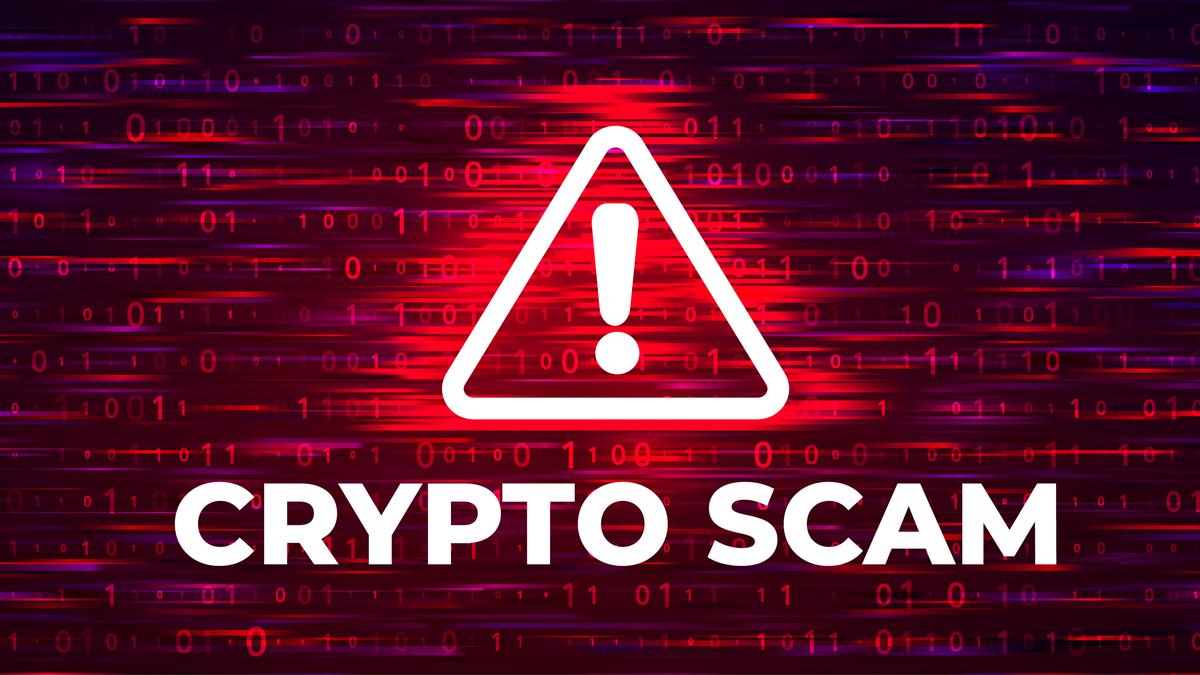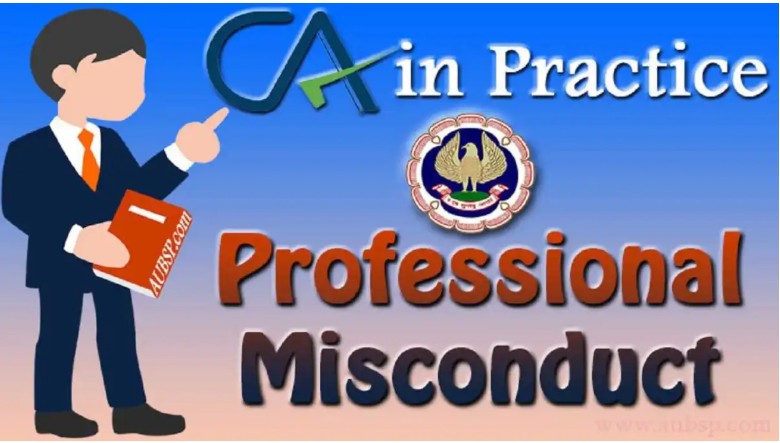Nadira Patherya, J.@mdashE.C. 52 of 2013 has been filed for execution of a consent decree dated 24.9.2012 and although an appeal was filed the same was dismissed. At hearing on 12th June, 2013 it was submitted by the judgment debtor that due to financial difficulties the judgment debtor was unable to make payment. To ascertain the correctness of such statement the directors of the judgment debtor were directed to be present in Court on 14th June, 2013 at 2 p.m. On the said day, the directors were present and were examined by Court wherefrom it was revealed that the judgment debtor had certain assets within the jurisdiction of this Hon''ble Court although the directors reside outside.
2. On that day the judgment debtor through its Directors agreed to pay a sum of Rs. 50,000/- in part payment of the decretal dues, which sum has also been paid. It is thereafter that an application has been filed by the judgment debtor u/s 39(4) of the CPC.
3. It has been contended on behalf of the judgment debtor that any direction given to the judgment debtor will be in aid of execution. Examination of the judgment debtor through its directors so also a direction on the directors of the judgment debtor to file an affidavit of asset is a step in execution and is barred by Section 39(4) of CPC. The judgment debtor carries on business outside the jurisdiction of this Hon''ble Court and its Directors also stay outside the jurisdiction in Salt Lake. On 11.6.2013 the execution application was served on the advocate of the judgment debtor and by order dated 12.6.2013 the directors of the judgment debtor were directed to appear on 14.6.2013 and immediately after 14.6.2013 G.A. 1744 of 2013 has been filed. Section 21(3) of CPC mandates that an objection be raised at the earliest opportunity and this application has been filed at the earliest, therefore the order passed in E.C. 52 of 2013 be vacated. Reliance is placed on
4. Counsel for the decree holder in opposing the said application submits that Section 38 of the CPC provides that a decree is to be executed by the Court which passed it or to which it is transferred.
5. Special circumstances resulted in the passing of the consent decree and such special circumstances thereof be looked into as held in
6. Order 21 Rule 41 CPC provides for examination of judgment debtors on an application filed by the decree-holder.
7. Order 21 Rule 41(1) empowers the Court to exercise its discretionary power while giving direction for filing affidavit of assets. As held in
8. In view of the aforesaid, the examination of the judgment debtor was justified and in respect of the properties which have been found to be within jurisdiction the decree be enforced in respect thereof.
9. In reply counsel for the judgment debtor submits that an order for examination of judgment debtor is an order in personam and therefore is hit by "person who resides outside the jurisdiction of the Court". Therefore no person who resides outside the jurisdiction of the Court can be examined by the executing court.
10. Section 39(4) bars execution of a decree against any person or property outside the executing court''s jurisdiction. The consequence of Order 21 Rule 41 CPC is attachment, therefore to aid this relief no examination of person can be made if person is not within. Nowhere in the pleadings has it been stated that the person or property is within the jurisdiction therefore the person namely, the director of the judgment debtor could not have been examined. Therefore this execution application merits no order.
11. Having considered the submissions of the parties E.C. 52 of 2013 was filed for execution of the consent decree dated 24.9.2012. In the said execution application the decree-holder sought for oral examination of the judgment debtors under Order 21 Rule 41(1) of the CPC and for filing of an affidavit of asset by the judgment debtor or its officers under Order 21 Rule 41(2) CPC. By order dated 12.6.2013 the officers of the judgment debtor viz. the Directors were asked to be personally present on the next day as counsel for the judgment debtor expressed inability on the part of the judgment debtor to liquidate the decretal dues. By the consent decree dated 24.9.2012 the judgment debtor had agreed to make payment in 3 instalments beginning October, 2012. The decree would have been satisfied in December, 2012 but for the non-payment by the judgment debtor. It was only to verify the submission made by counsel for the judgment debtor that the Directors of the judgment debtor were asked to be present in Court on 14.6.2013 when one of the directors of the judgment debtor was orally examined. This under Order 21 Rule 41(1) CPC the Court was empowered to do but the issue that has arisen for consideration is that in view of Section 39(4) CPC could the Court have called the judgment debtor or its Director both of whom are outside the local limits of the Court for examination.
12. Section 39(4) CPC reads as follows:-
Nothing in this section shall be deemed to authorise the Court which passed a decree to execute such decree against any person or property outside the local limits of its jurisdiction.
13. Therefore it is execution of such decree which is barred. By directing oral examination of a judgment debtor or its officers the decree is not being executed. It may be a step in executing the decree but it is surely not execution of decree. Therefore at the stage of examination under Order 21 Rule 41(1) or filing of affidavit of asset under Order 21 Rule 41(2) the bar of Section 39(4) CPC will not operate.
14. By the oral examination of the judgment debtor or its officers or filing of affidavit of assets, all that is being done is that an enquiry is being made to ascertain the assets of the judgment debtor. No action is being taken for execution of decree. It is only after the assets have been identified that the machinery for execution of decree can be set in motion.
15. Section 39 of the CPC deals with transfer of decree and Section 39(4) CPC imposes a bar under the said Section to execution of decree against person or property outside. The decree passed in the instant case is against the judgment debtor company therefore the question of executing the decree against any person does not arise. Similarly, execution is not being effected against the property of the judgment debtor either and the bar of Section 39(4) CPC cannot prevent examination of an officer of the judgment debtor. Therefore the contention of the judgment debtor cannot be accepted and is rejected.
16

